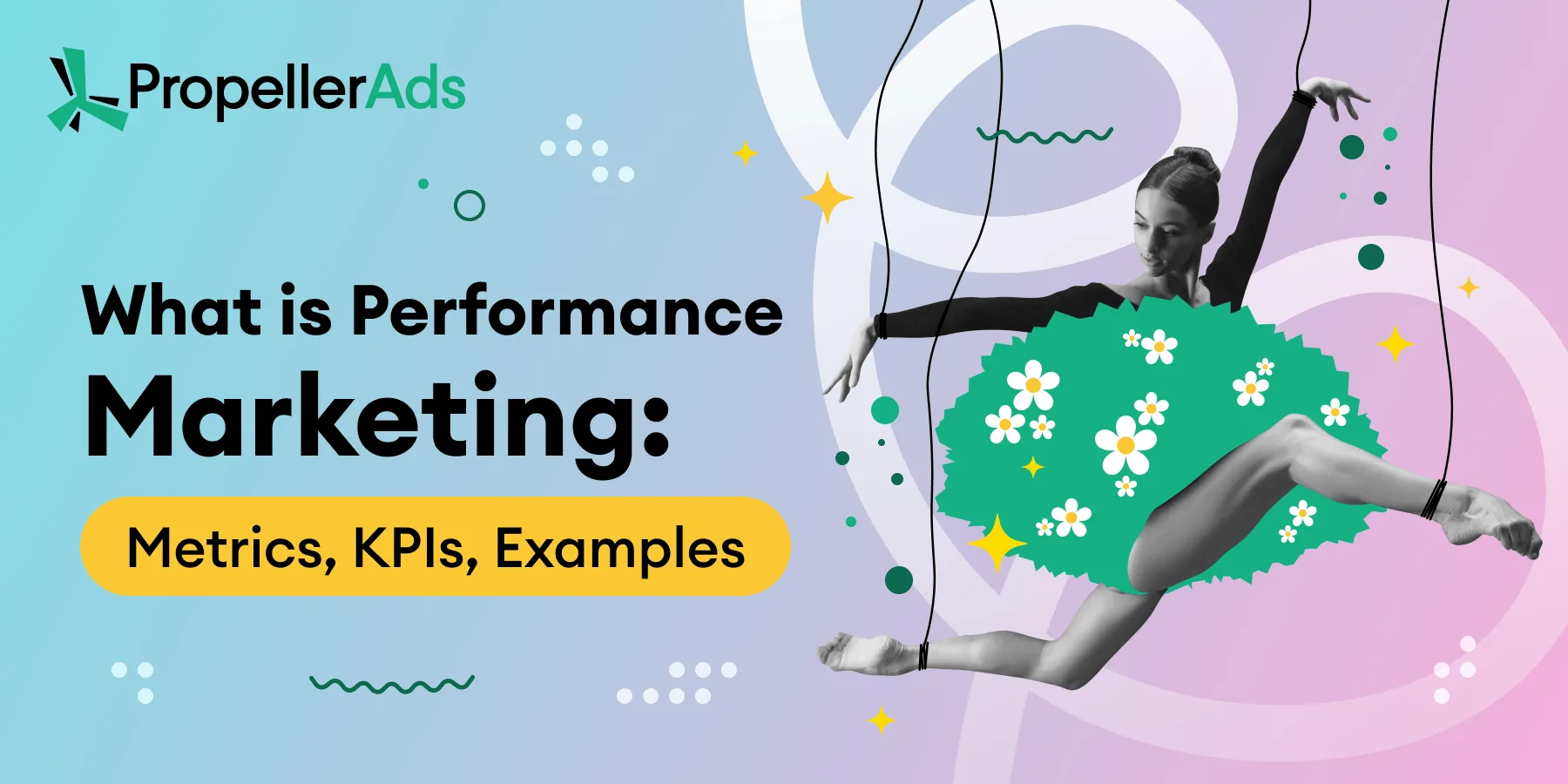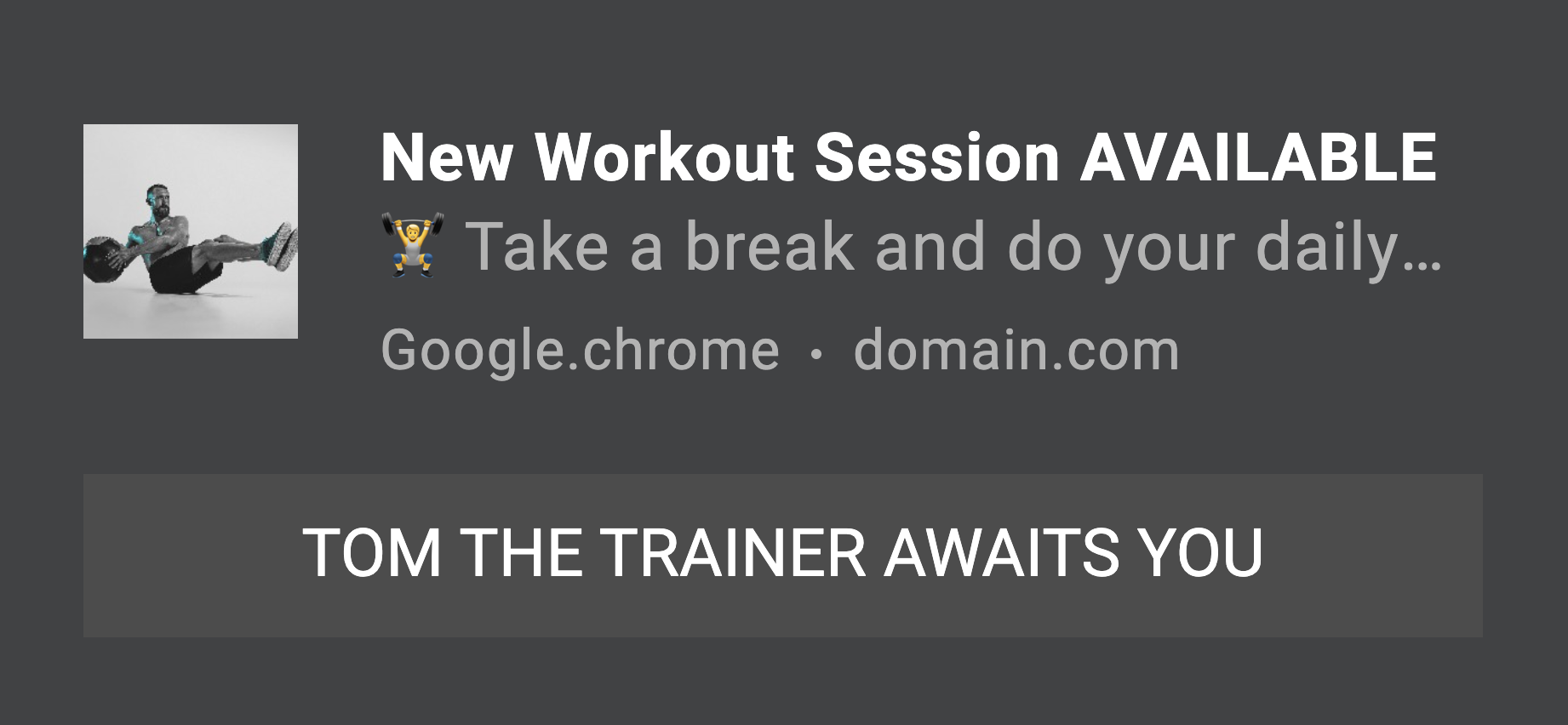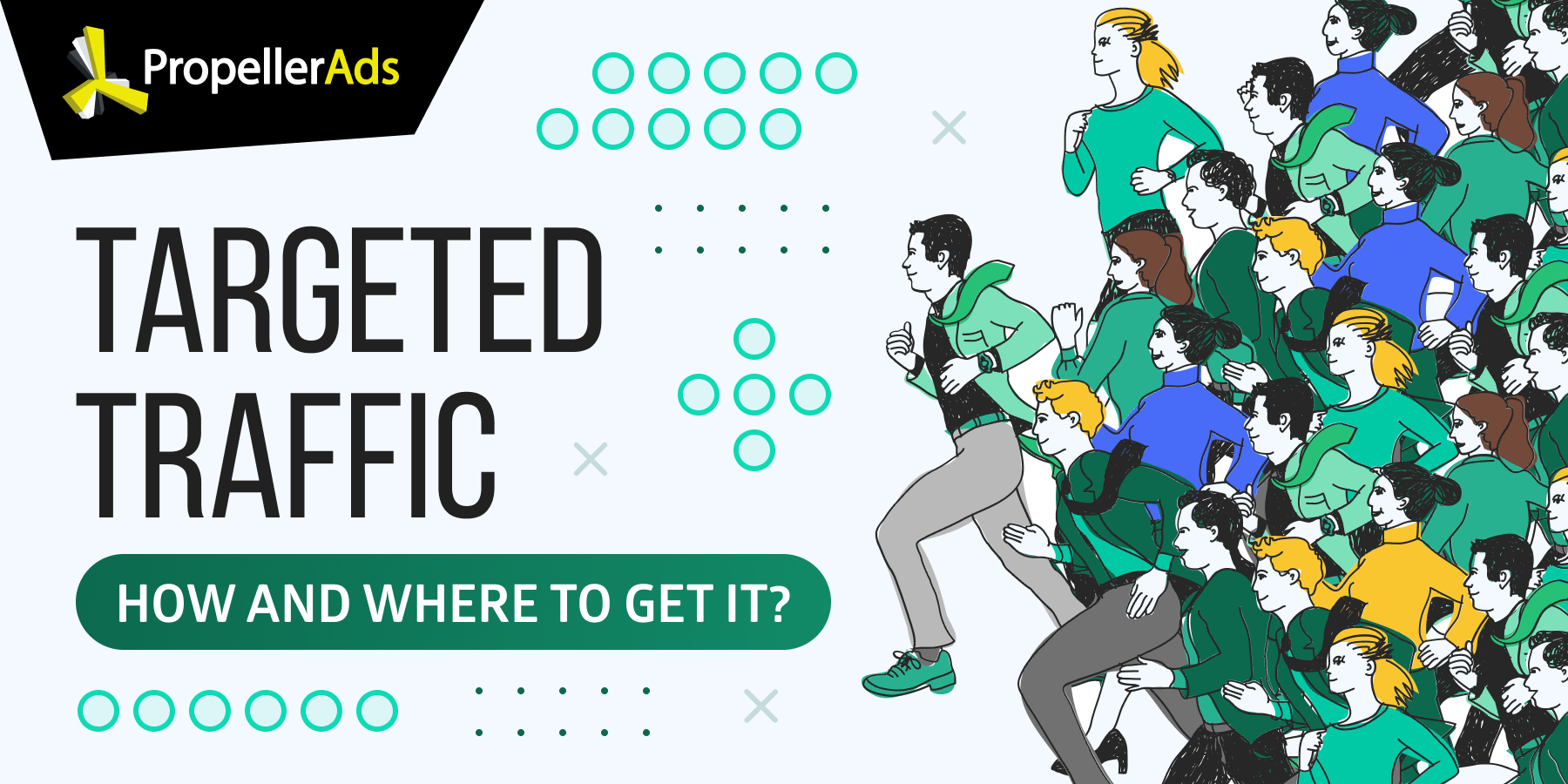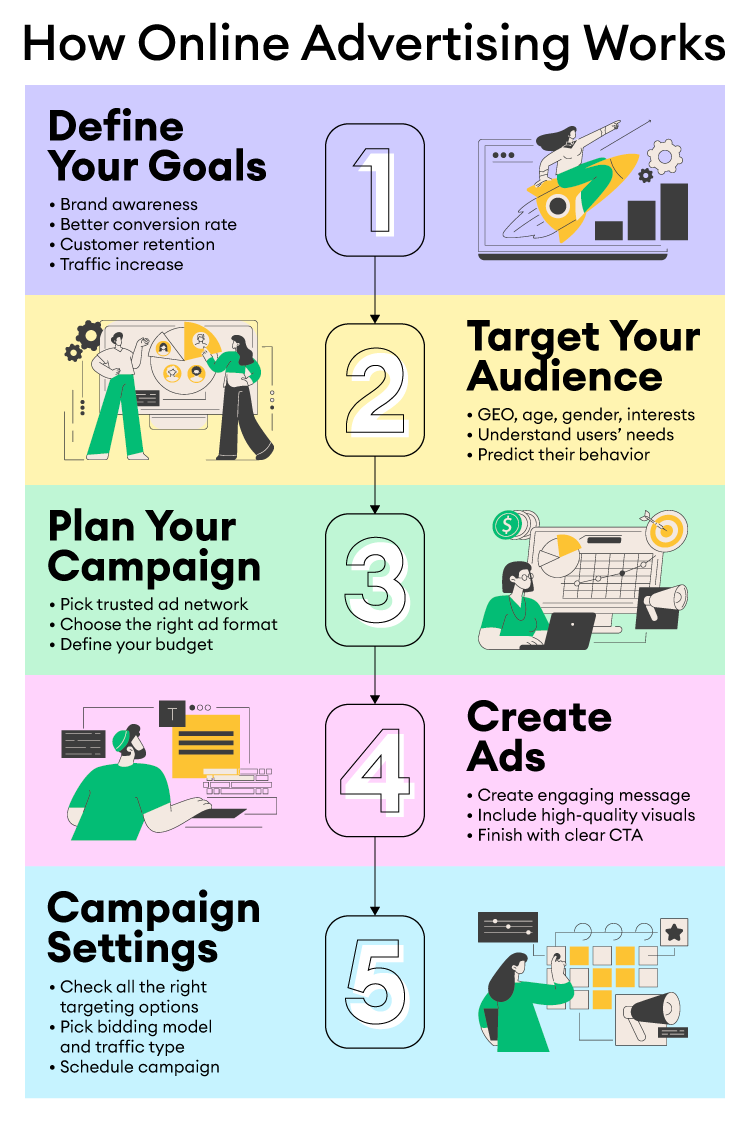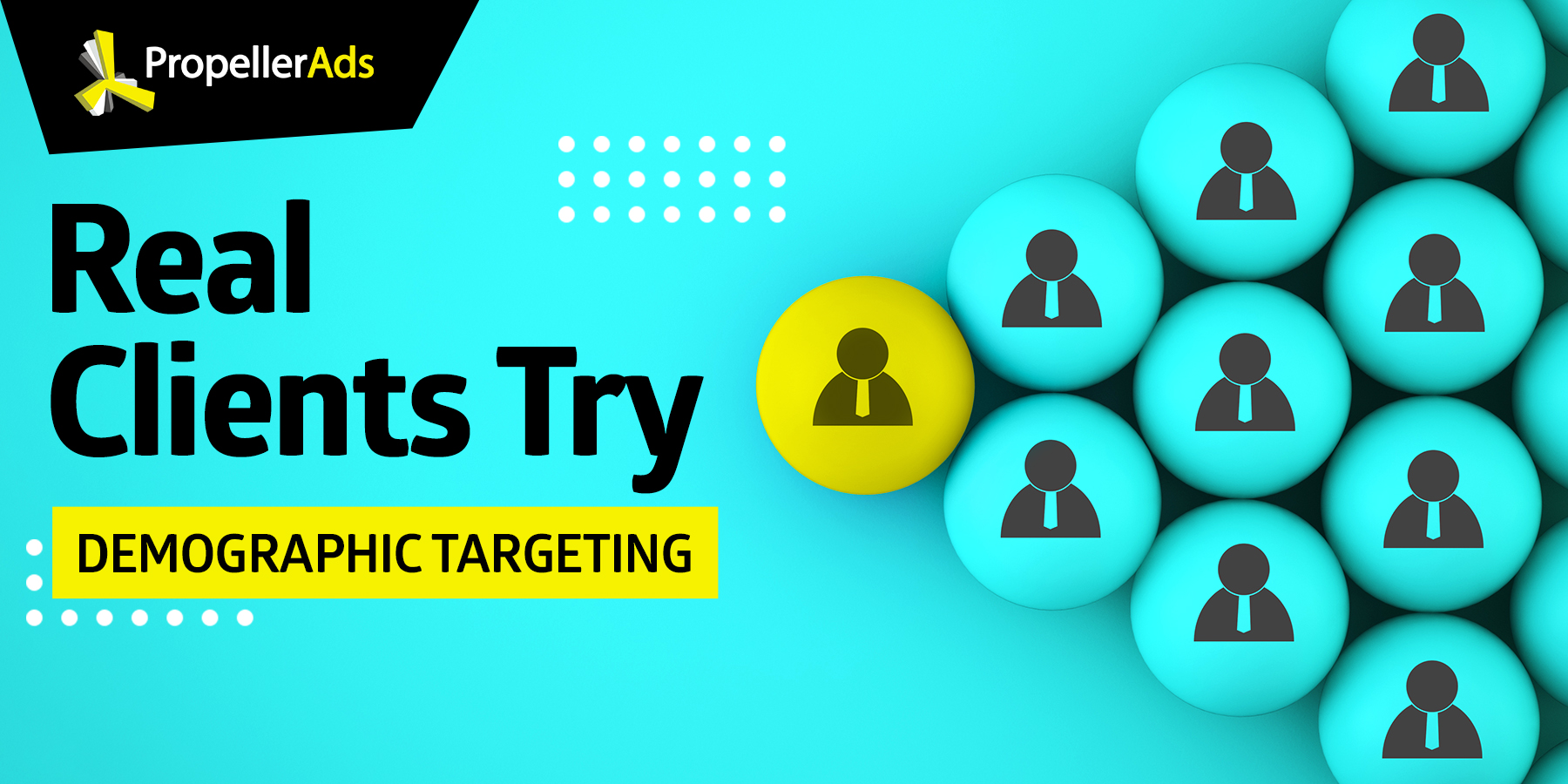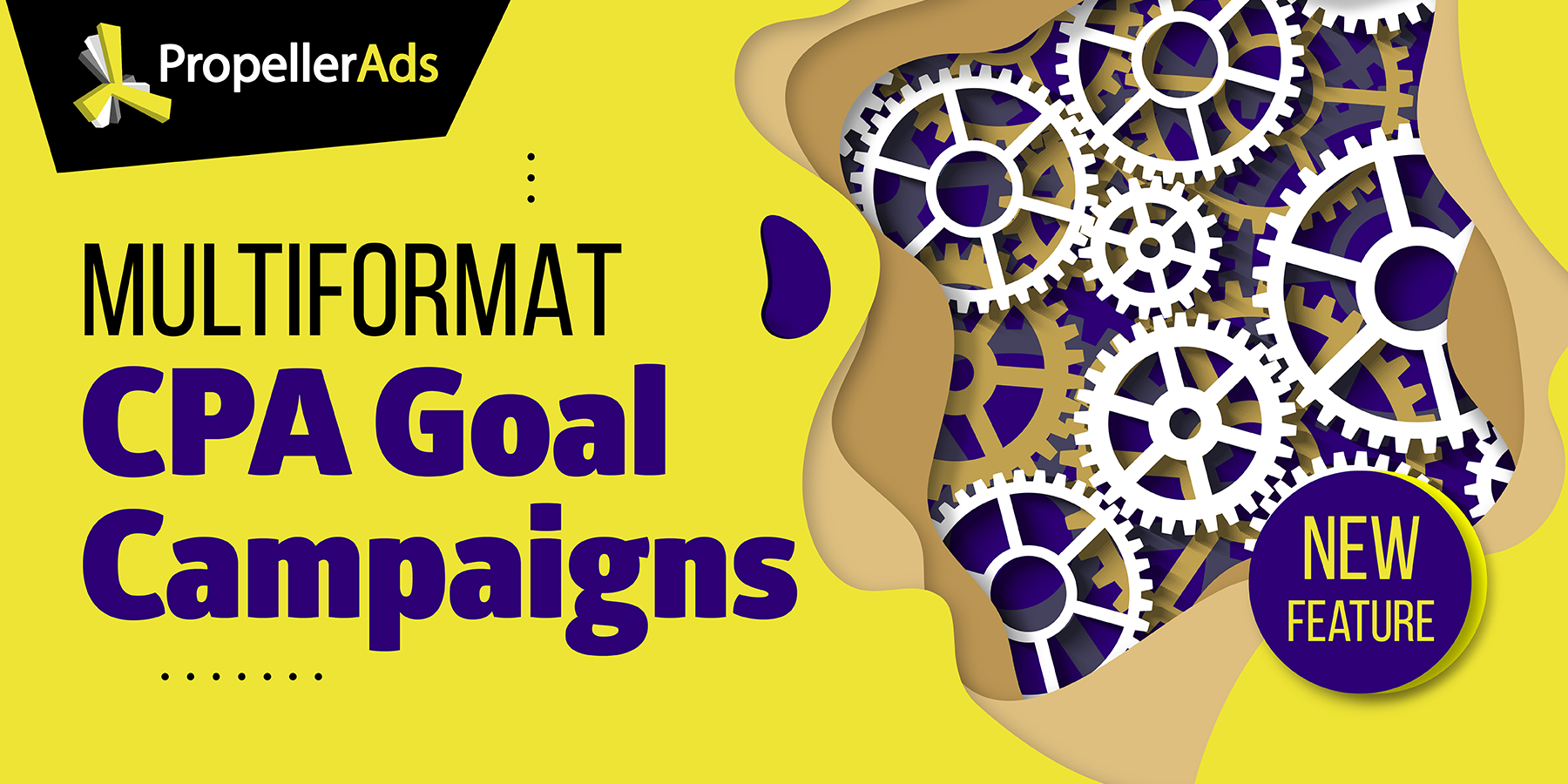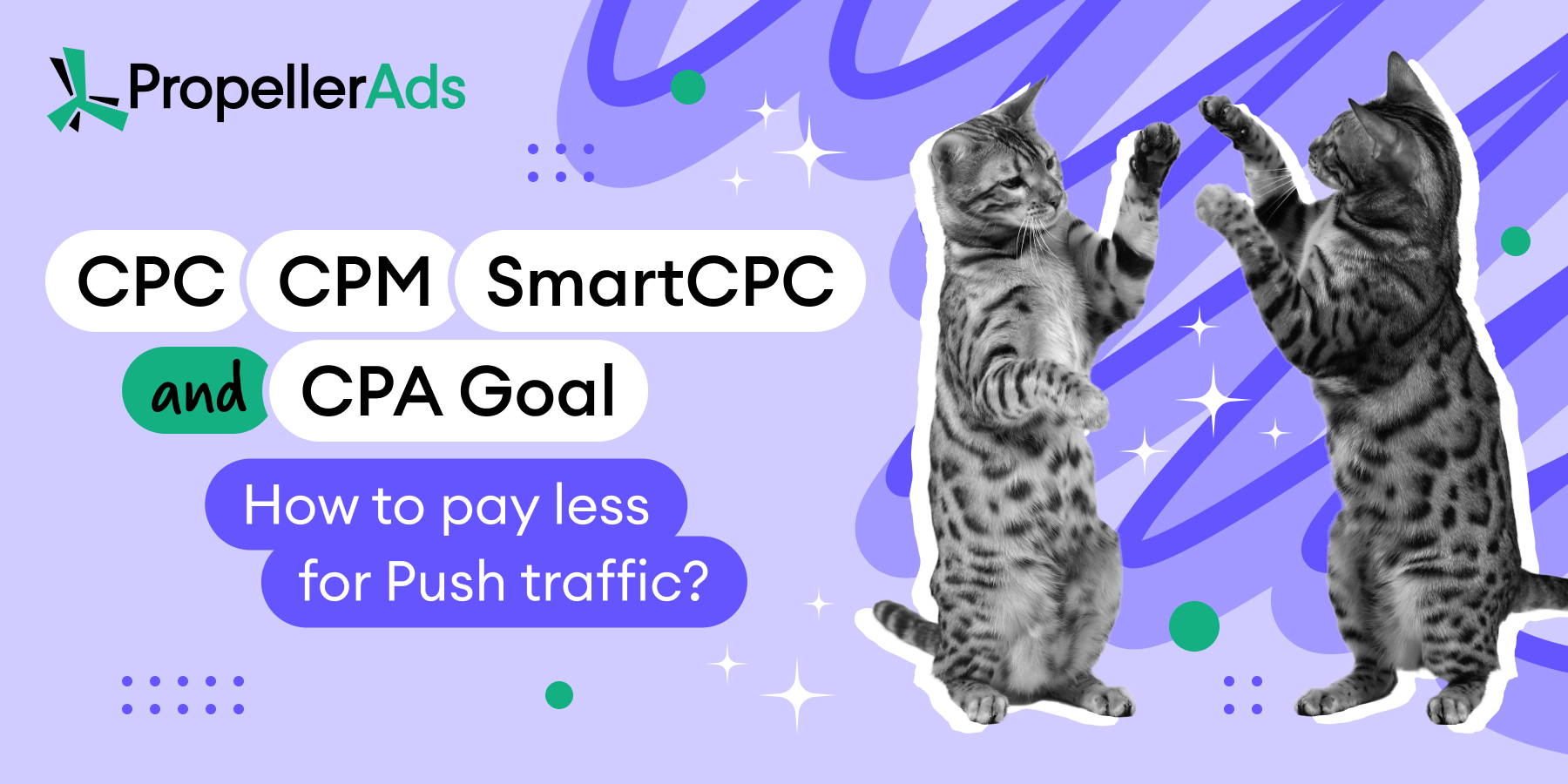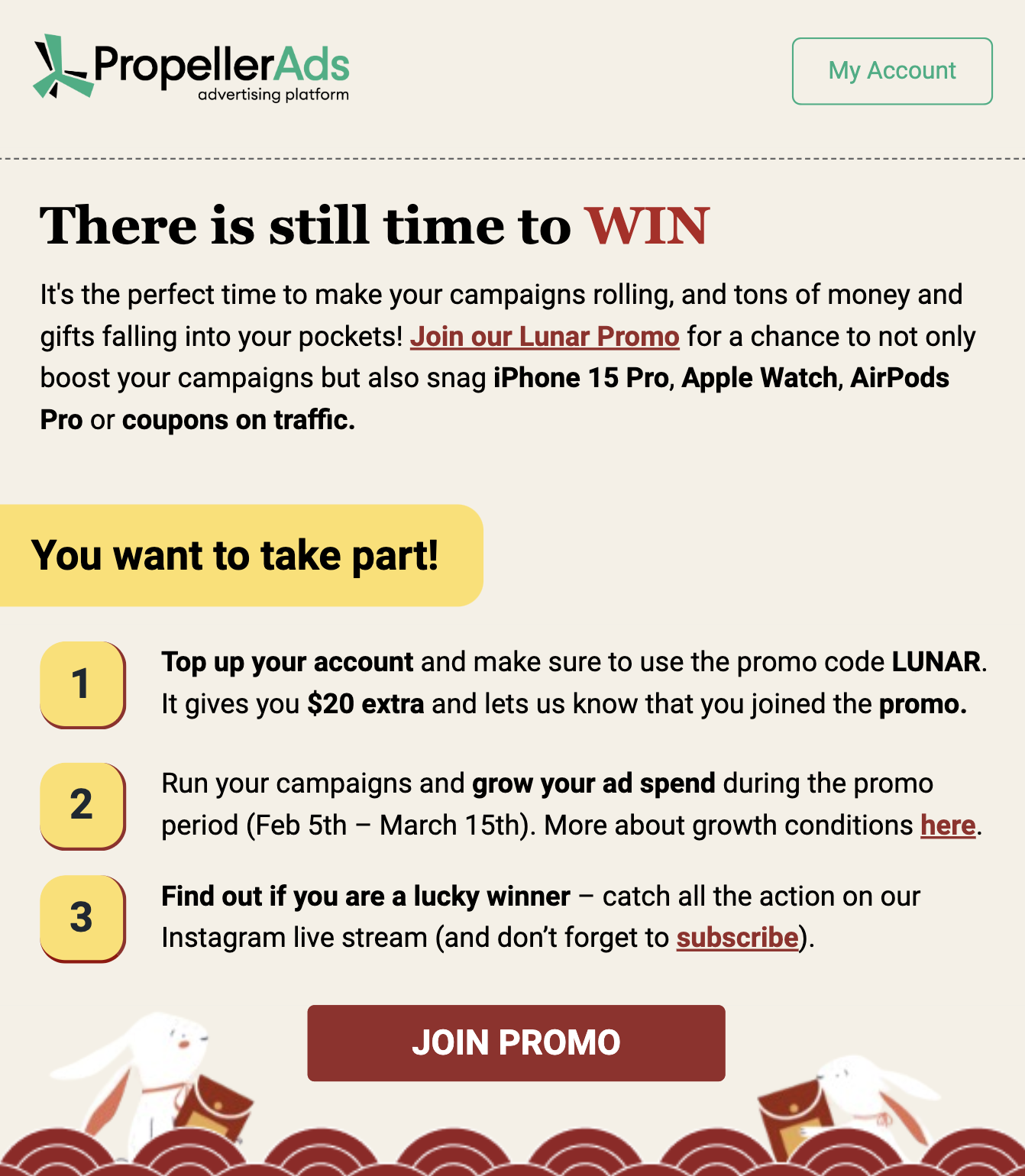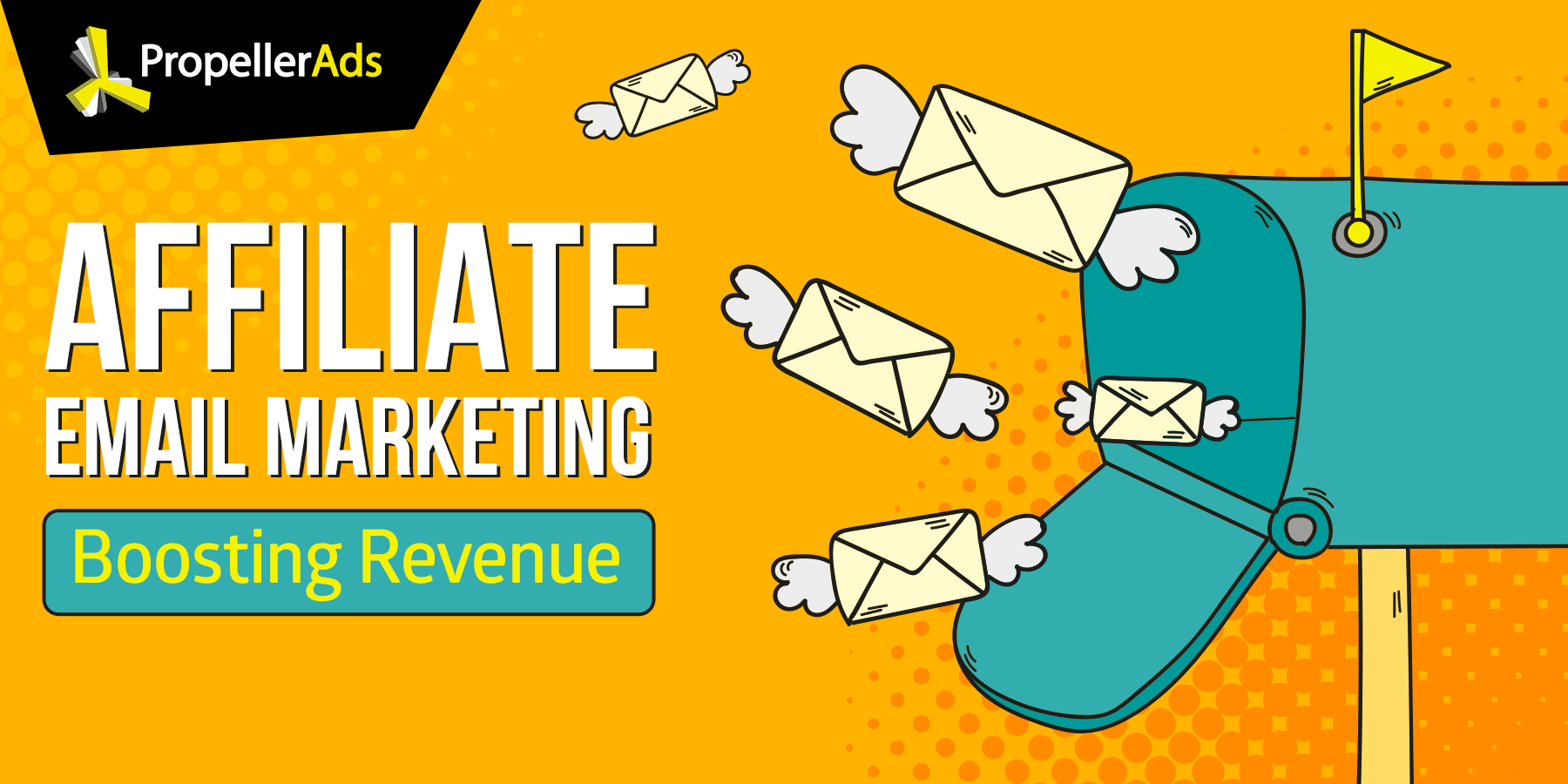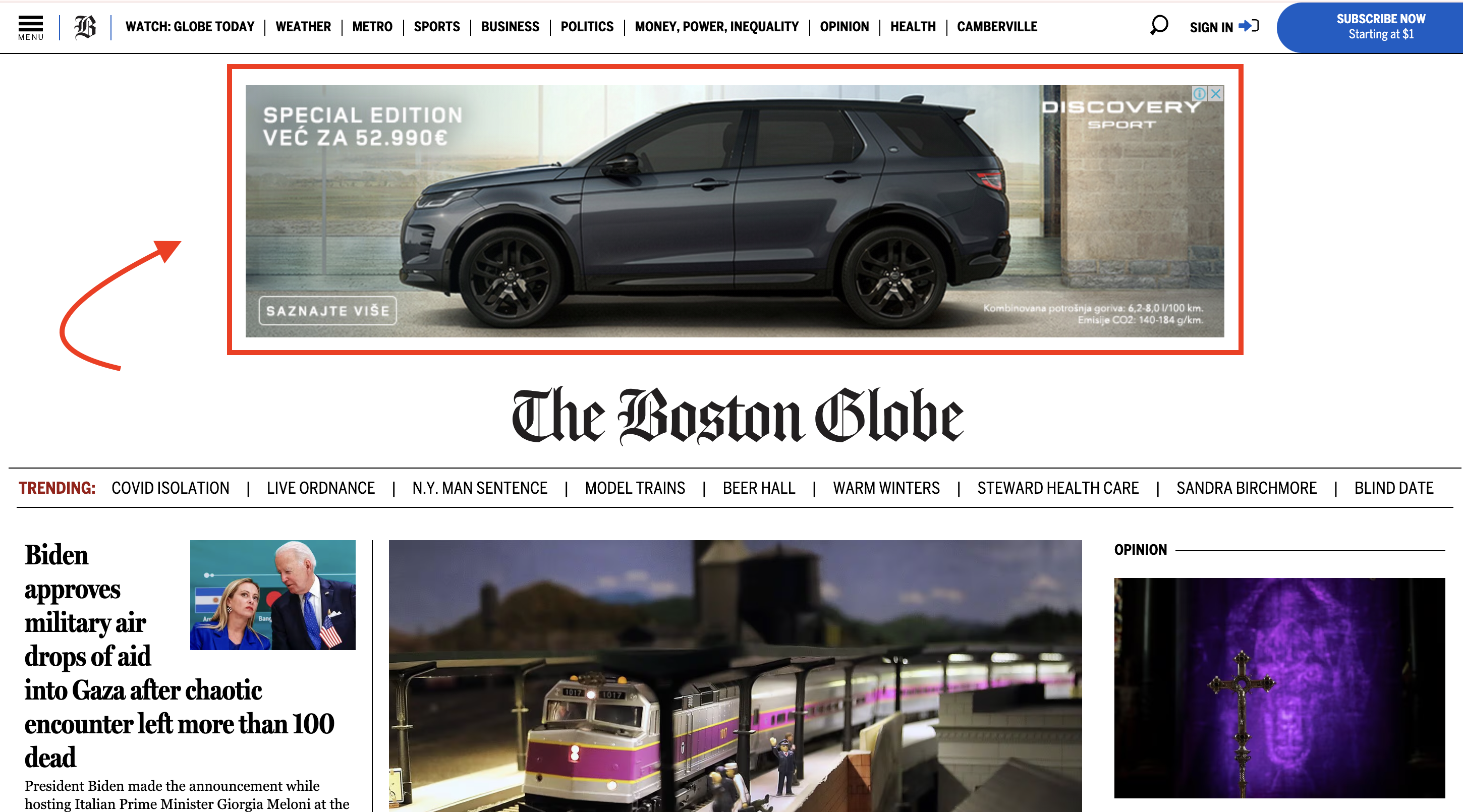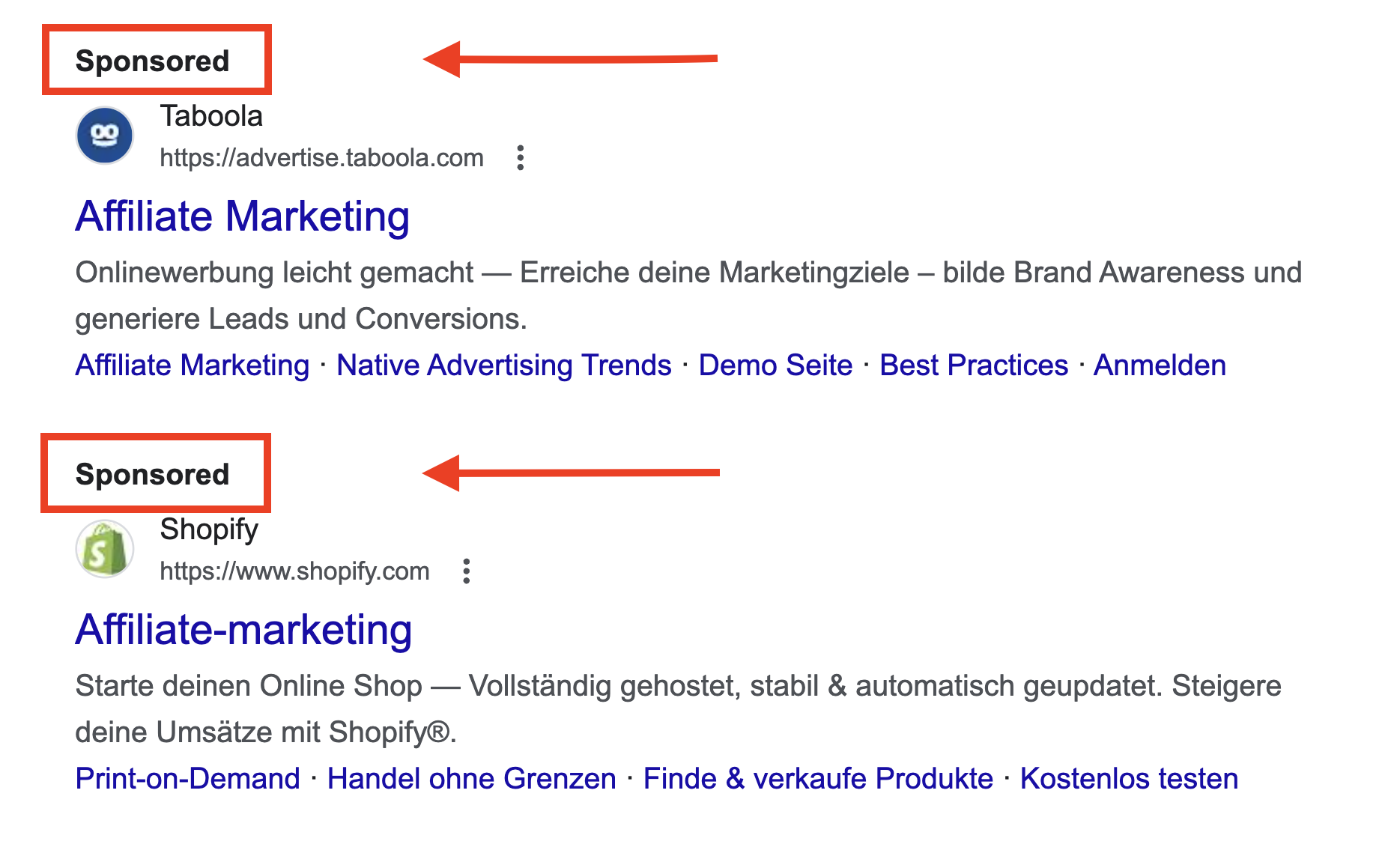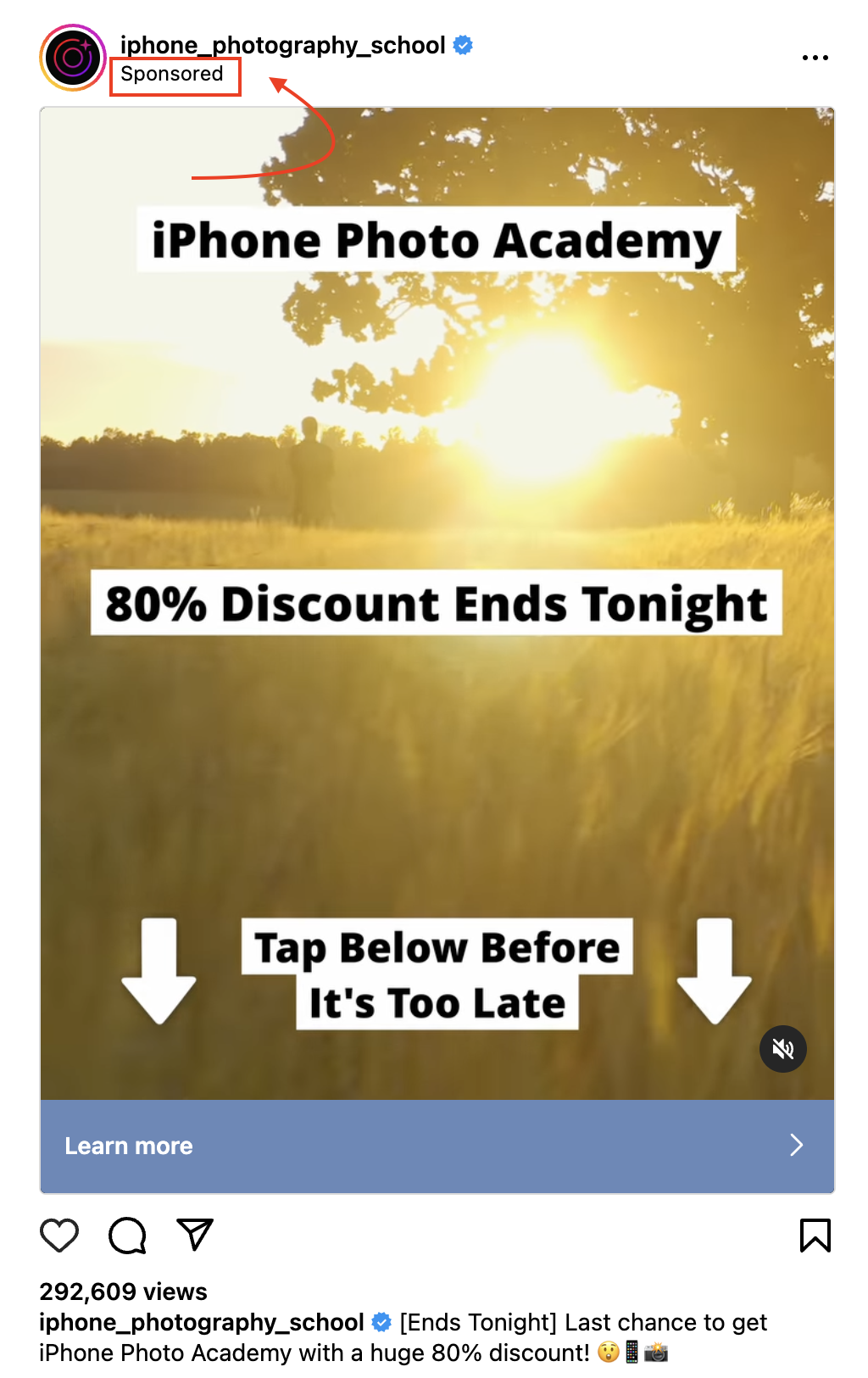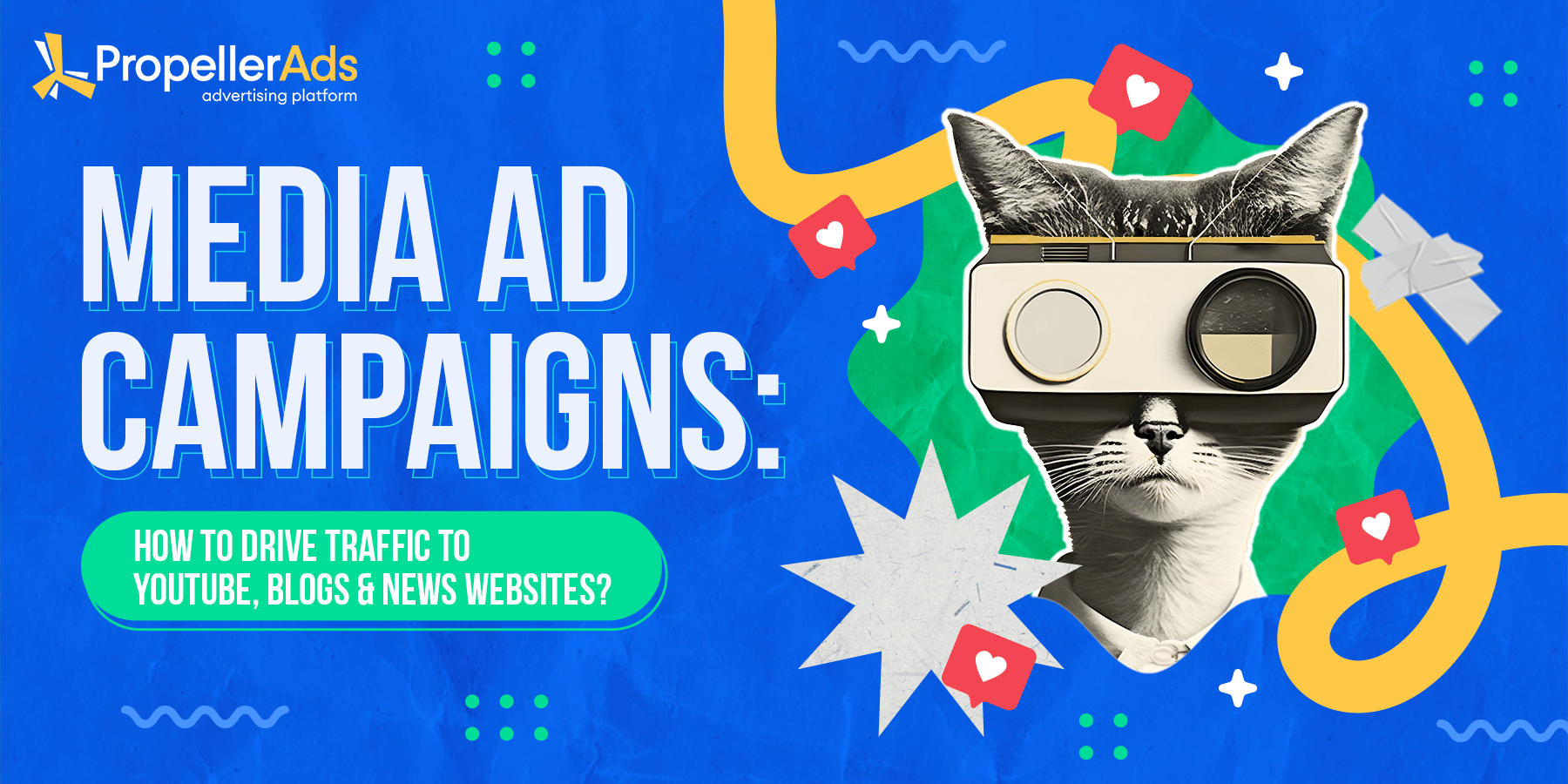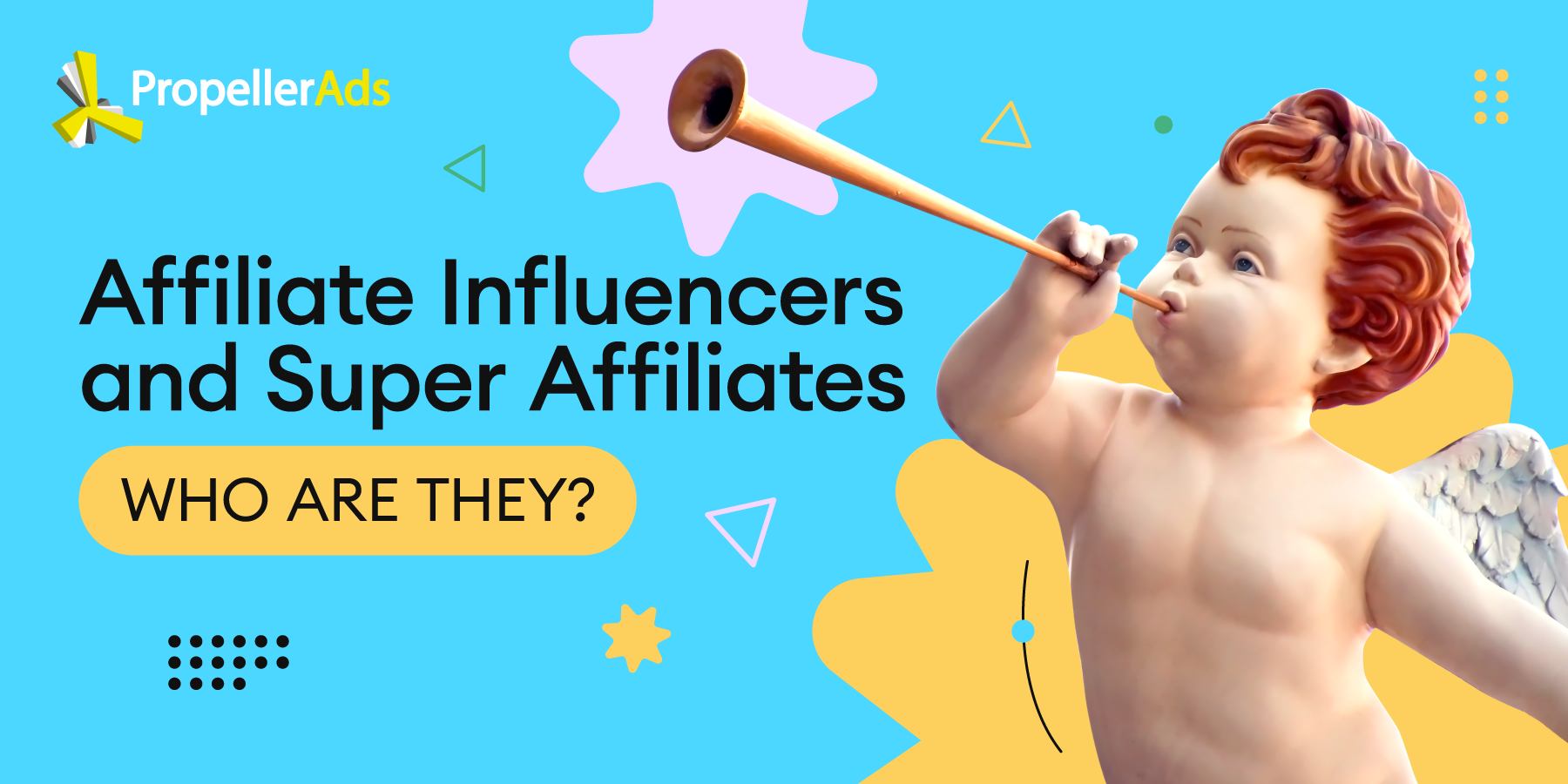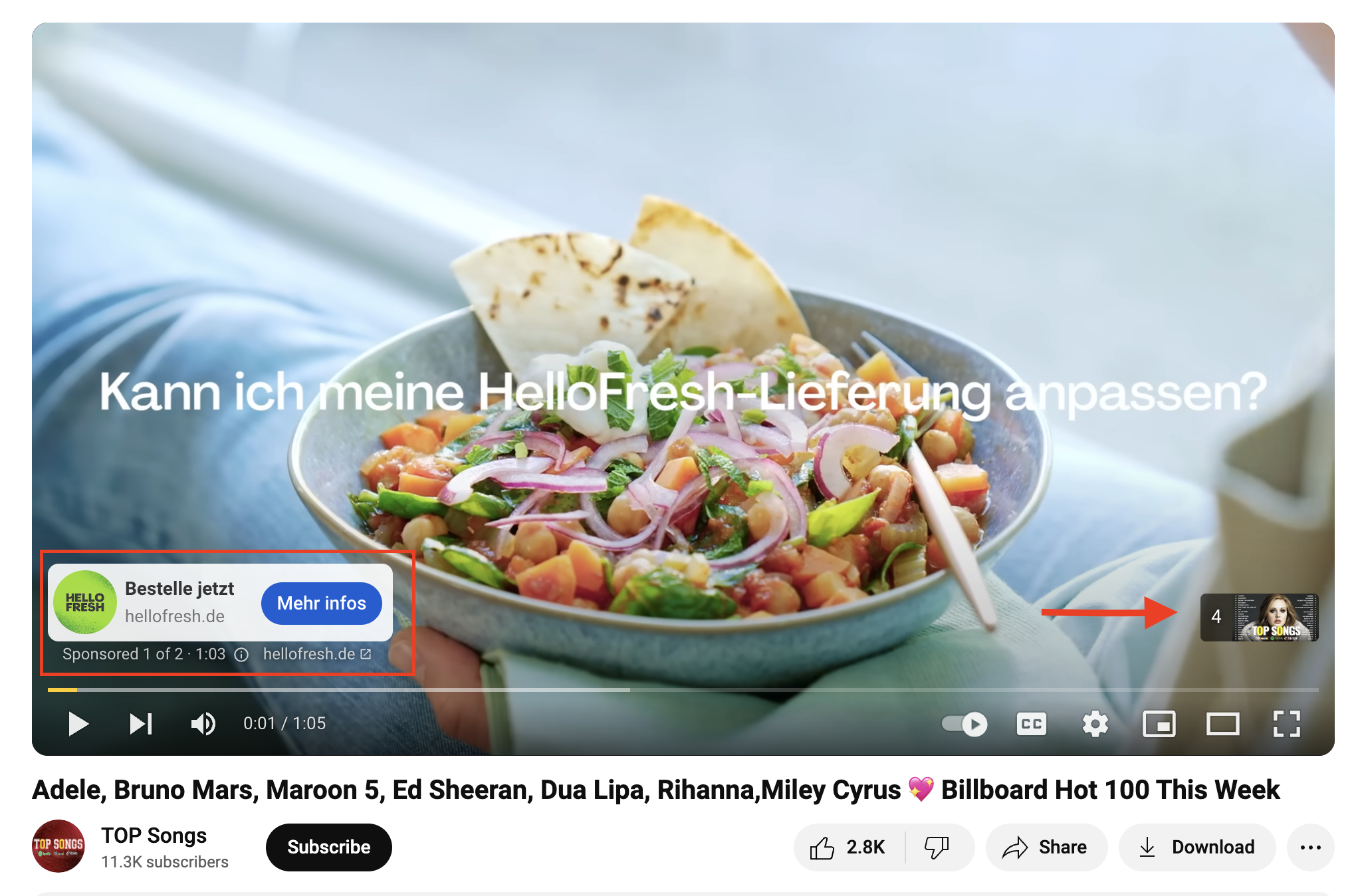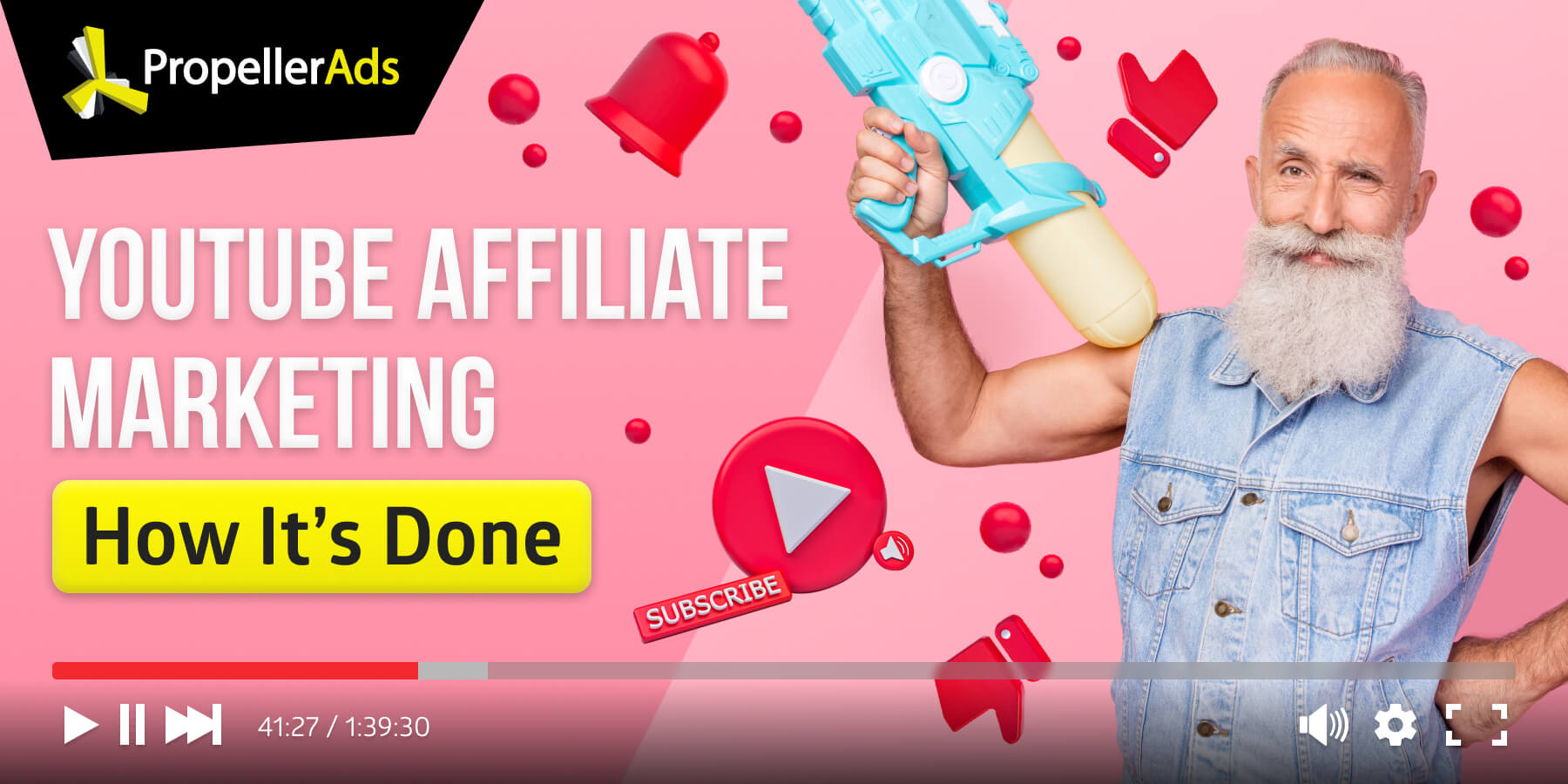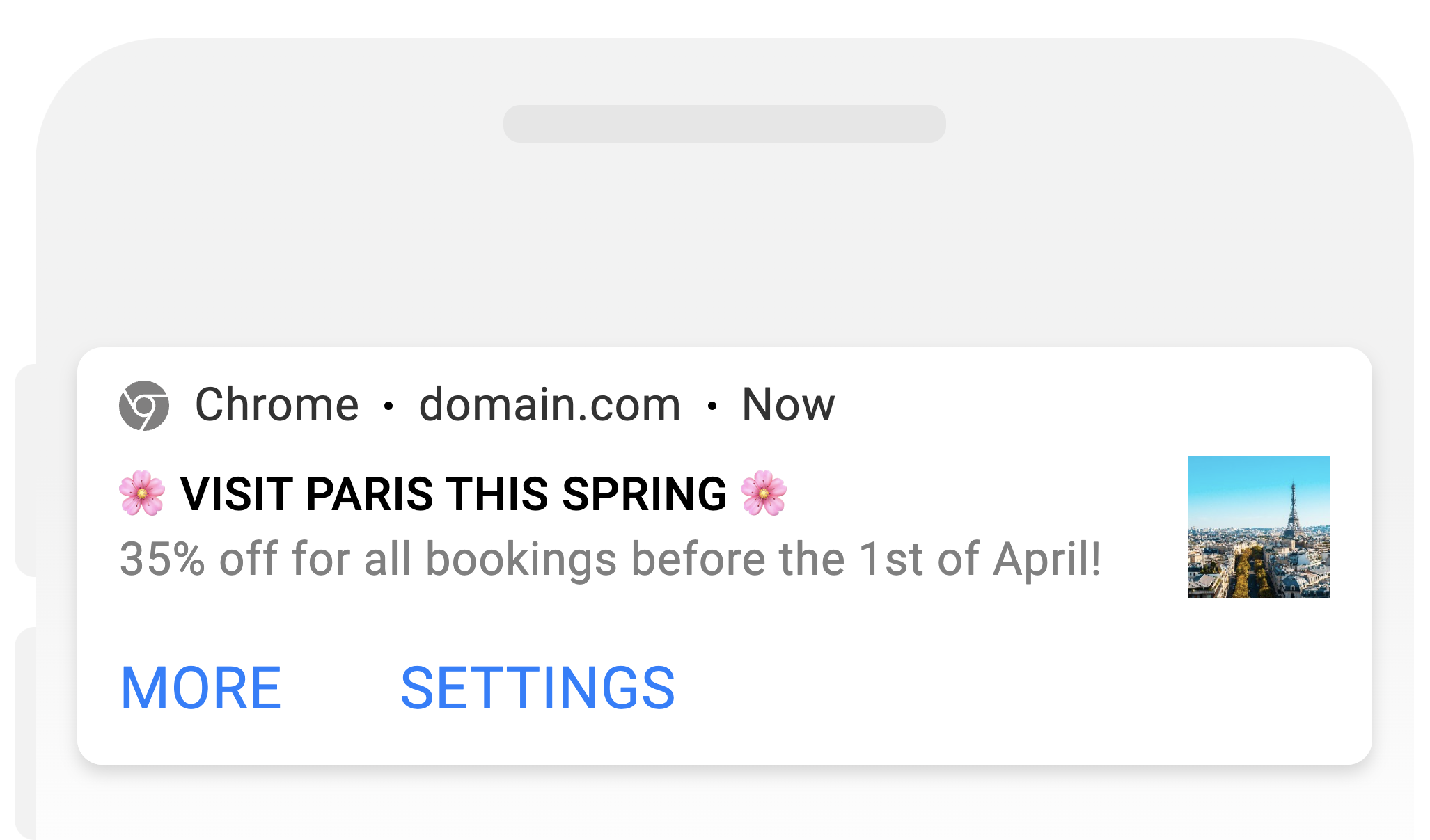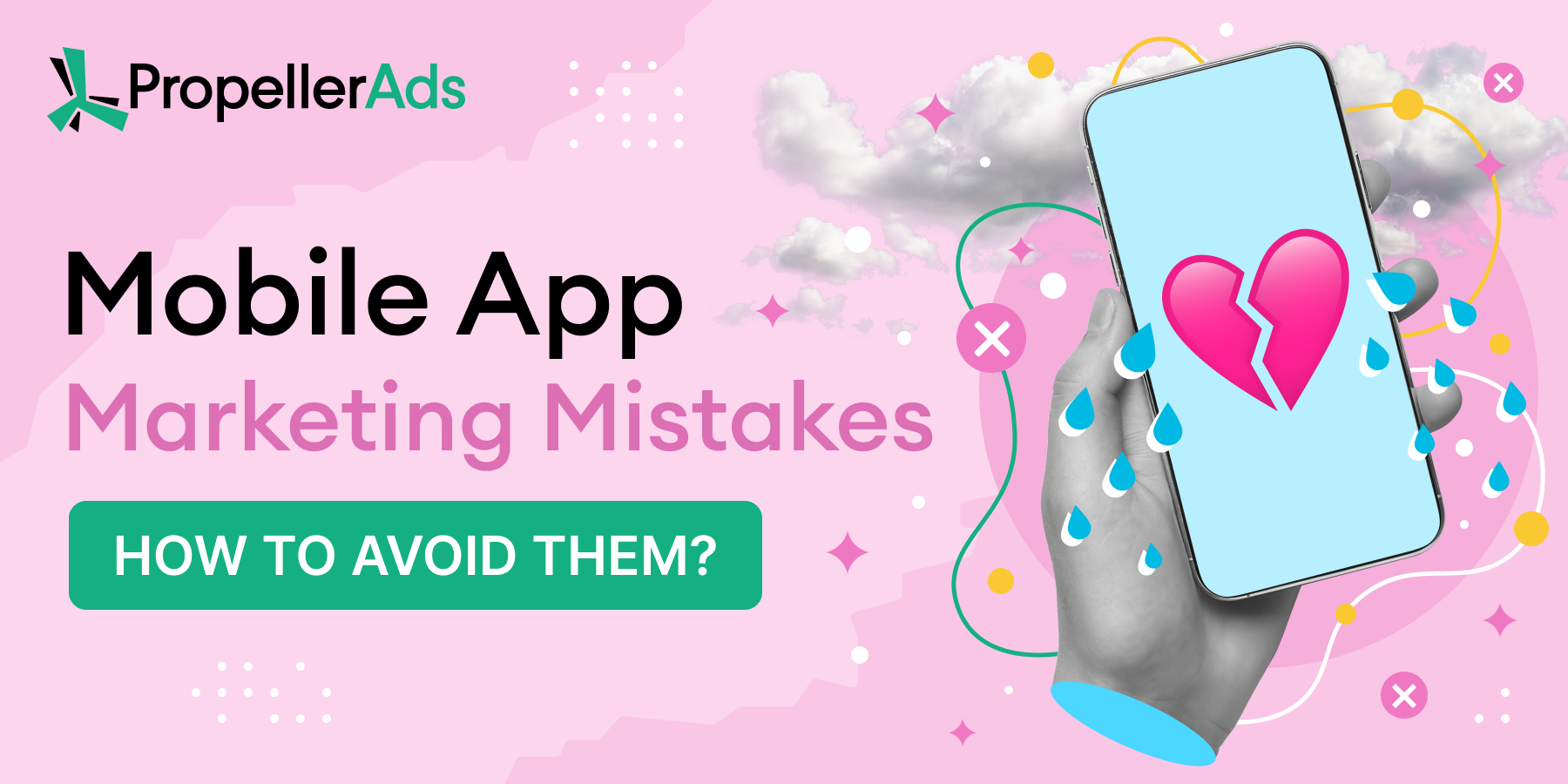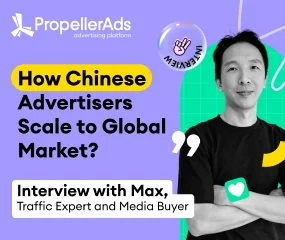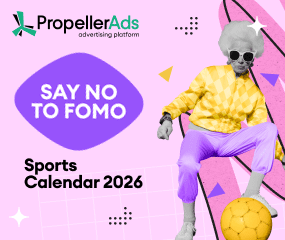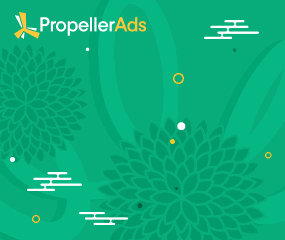How to Advertise Online: Types, Benefits + Tips and Insights
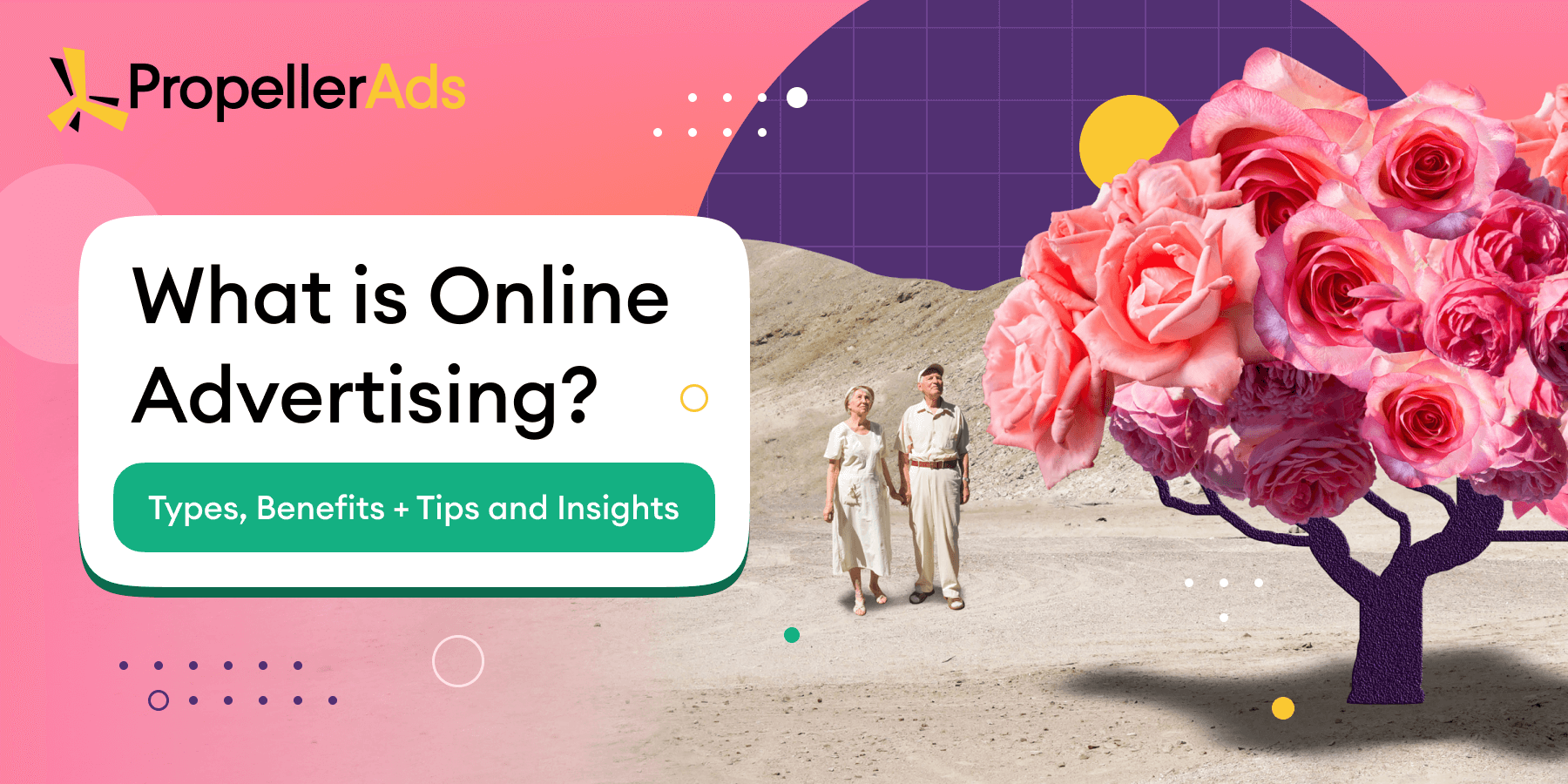
This post is also available in:
PT
ES
You probably think that it’s too obvious and needless to write an entire article explaining what online advertising is and how to advertise online. Both ads and the presence of the online world are such an integral part of our lives.
But who would have thought 30 years ago that in a blink of an eye and one simple click, we could introduce our brand to the entire world or learn what’s happening on the opposite side of the planet in real time. Or that without even leaving a house, we could purchase products, find jobs, strengthen social ties, and get educated.
We couldn’t even suspect how far the emergence of the Internet would take us, and how it would profoundly change every aspect of our reality. Marketing is no exception.
So, as a homage to all of it, let’s take a deep dive into this topic. Let’s discuss what online advertising is, how it works, what benefits we can count on, what types exist, and what are its basic goals.
You never know – you might find yourself intrigued by some new insights or, if in doubt about certain aspects of digital advertising, you could get the clarity you need.
Here we go.
What is Online Advertising?
In simplest words, online advertising (also called internet advertising or digital advertising) is a data-driven, targeted marketing strategy that allows you to use online platforms and channels to promote your brand.
So, to advertise online means pushing your message through social media, your website, or search engines.
Digital advertising is a tool that can positively affect your revenue by getting your audience to act the way you want them to (making a purchase, for example). And why is it considered to be so effective?
There are 5.35 billion Internet users in the world, and the majority of them are social media users as well. Now, according to a PYMNTS study, more than 40% of social media consumers browse these platforms in search of products and services.
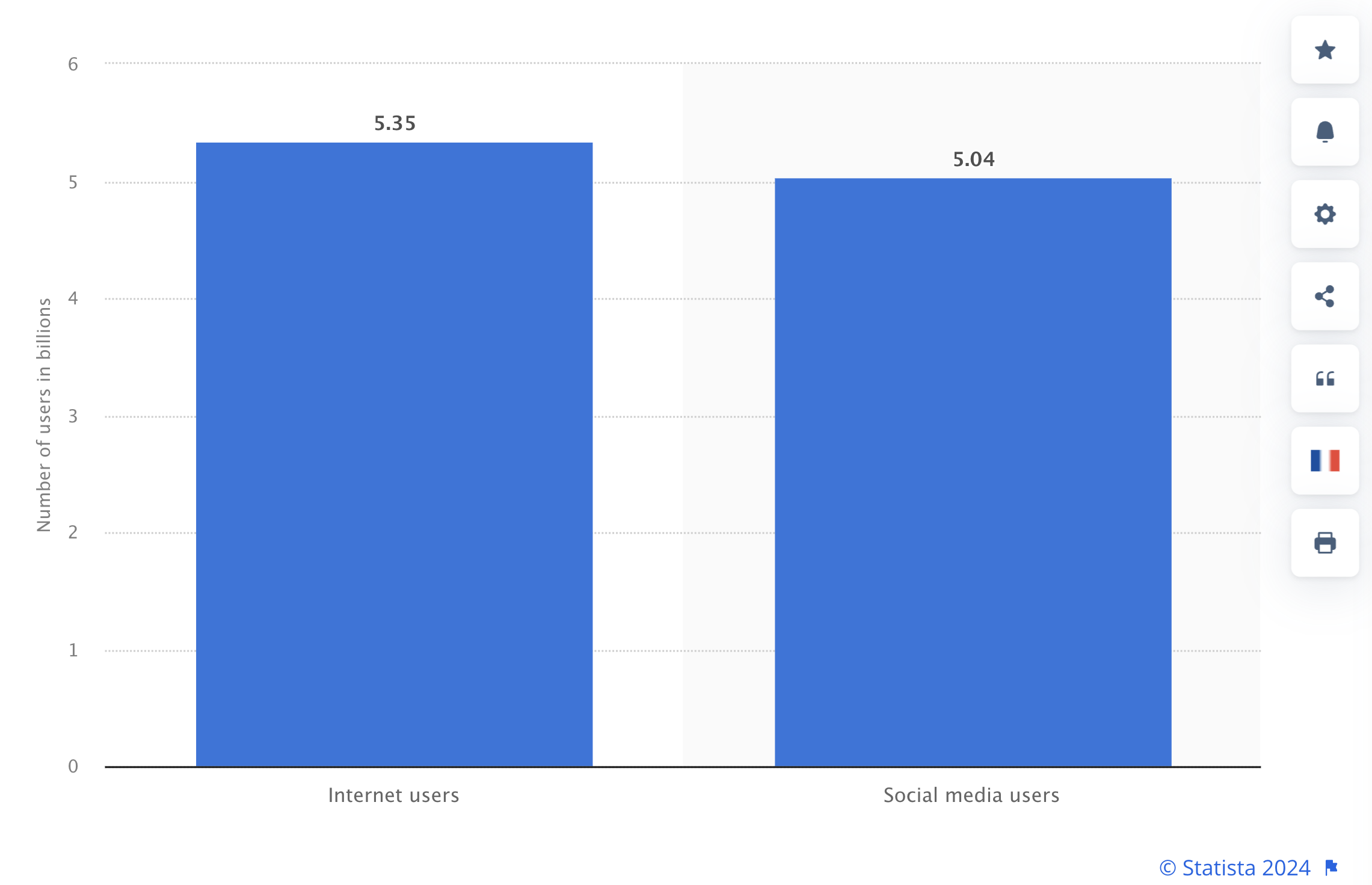
So think about how many potential customers you could serve with your ads and win over on the spot. Or at least you will present them with your offer, making sure you’re no stranger to them anymore.
Unlike analog advertisements, digital ads are:
- aimed to a specific demographic, which makes them more profitable (you’re not wasting your money on trying to convert an uninterested audience)
- interactive – users can react and respond to your ad by clicking and visiting your website or landing page
All mentioned is proving web advertising is a very effective marketing strategy that can increase your brand awareness and boost your revenue by reaching targeted audiences.
Advantages of online advertising
While we are on the subject of why digital marketing is so much better than going with traditional ads, let’s go through the list of all the benefits you can count on when embracing online ad campaigns.
- Precise targeting – with targeted internet advertising, you will be able to reach users who would most likely be interested in your services or products. How to advertise your company online? By running targeted campaigns, you are releasing ads that are aimed at users of a certain age, gender, demographic location, interests, purchase history, etc.
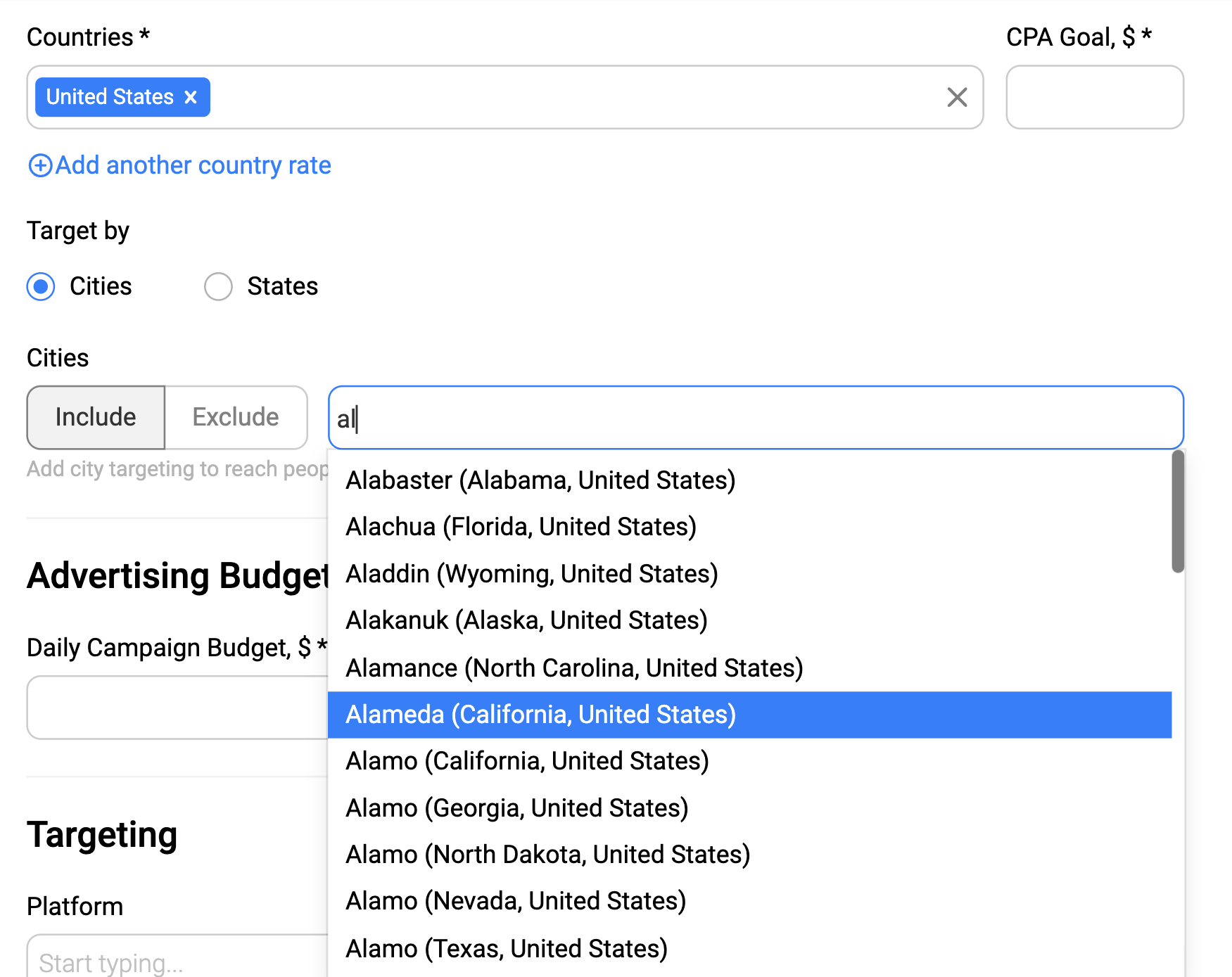
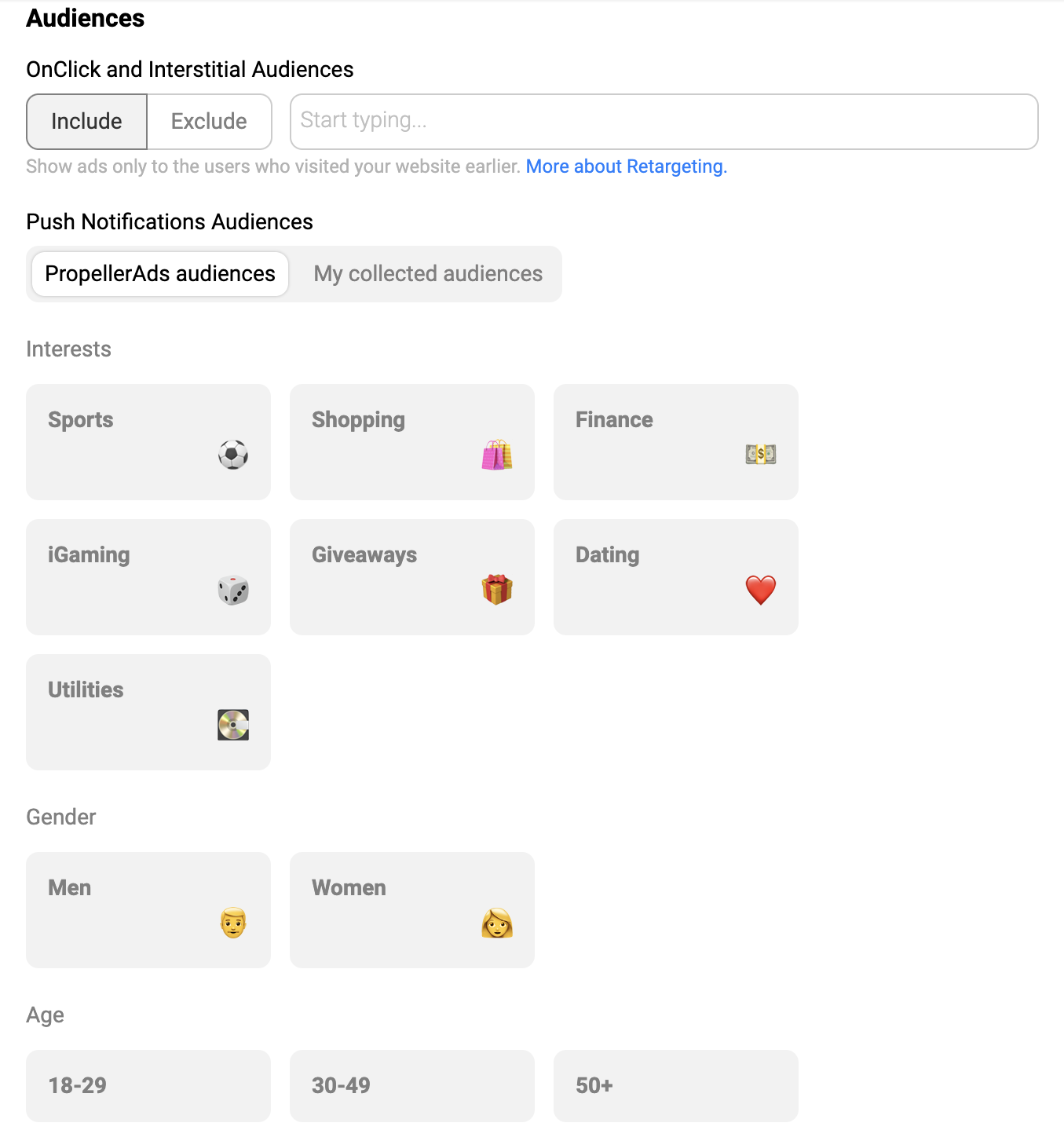
- Wide reach – with online advertising, there’s no bridge you cannot cross. You can reach your customers in all parts of the world, and you can target multiple locations at the same time. This is one of the things that makes internet advertising supreme – people living in distant countries can now hear about your product or services and purchase it (all thanks to the Internet!)
- Personalized approach – how do you advertise online? Of course, with personalized ads that will resonate better with your audience and bring conversion rates to higher numbers. The fact is, a personalized approach will make the ad more appealing, and that will encourage users to act on it – click on the ad and make a purchase (or any other desired action).
- Results tracking – with this type of advertising, you will have real-time metrics showcasing your campaign performance. While your campaign is still running, you will be able to see the results it’s reaching and decide which optimization moves to make. This will save you funds because you will make changes on the go and achieve your goals much faster.
Advertise Services Online: What is the Main Advantage?
When you advertise services online, you can target specific audiences with pinpoint accuracy. Unlike traditional media (e.g., TV, radio, or print), which often relies on broad demographic data, digital platforms let advertisers refine their reach by using factors like age, location, interests, and even browsing behavior. This level of precision not only helps businesses spend their budgets more efficiently but also ensures that ads are more relevant to consumers, resulting in higher engagement and better conversion rates.
Moreover, online advertising provides detailed, real-time analytics that allow marketers to measure the effectiveness of their campaigns immediately. They can track click-through rates, conversions, and other metrics to see what’s working and what’s not, then quickly adjust strategies accordingly. This data-driven approach reduces guesswork and maximizes the return on investment, giving businesses a clear advantage over more traditional advertising channels.
How to advertise online?
When you advertise online, you’re running ads to catch the attention of your targeted audience. There are several ways you can do it, and later on, we’ll go through all of them, but what we at PropellerAds are experts at is providing advertisers with high-quality traffic.
What does that mean?
It means that we are capable of finding the most relevant audience for your message and your brand in order to increase chances for your high ad campaign performance. This leads to more conversions, and, therefore, more profit for you.
Here is an illustration of the basic steps you need to take in order to get to that point:
Let’s cover all of the steps in a couple of more words.
#1. It’s very important to be clear on what you want to achieve with your ads. Whether it’s encouraging users to make a purchase, register an account or subscribe, or you want to focus on simply improving your brand awareness and getting traffic increase.
It will help you move to the next step of targeting your audience and launching an on-point campaign.
#2. Who do you want to attract with your ads? What are the pain points and needs of your audience? These are the questions you need to answer to set the ground for creating ads that will trigger them into acting.
With Demographic and interest targeting feature, PropellerAds allows you to get access to custom-made audiences gathered by interests, age, and gender, and improve your campaign performance significantly.
#3. Choose your partners wisely. Give your trust to an ad network that will be able to fulfill your goals in the safest and most profitable way. Then, pick the right ad format and be clear on how much you want to spend.
Here are all the formats you can find on our platform:
- Popunder ads – an eye catchy format that offers a lot of space for creativity
- Push ads – a super effective way to reach anyone, anytime, with your message
- In-Page Push ads – to catch users’ attention when they’re browsing a website
- Interstitial ads – top pick for maximizing your audience’s engagement
- Survey Exit ads – an exclusive format that guarantees higher CR
Note: There’s also a Multiformat option that’s perfect for advertisers interested in running Push ads, because this feature will automatically create and launch both Popunder and Interstitial campaigns. So basically, you will have 3in1 campaigns.
#4. With creating ads, the most crucial thing is to make sure they capture the attention of your audience. Both the text and visual part of the ad are important and will convey your message.
And the message should be clear, leaving no room for doubt on what the ad is about. Also, CTA is a must – it will lead the users to your offer.
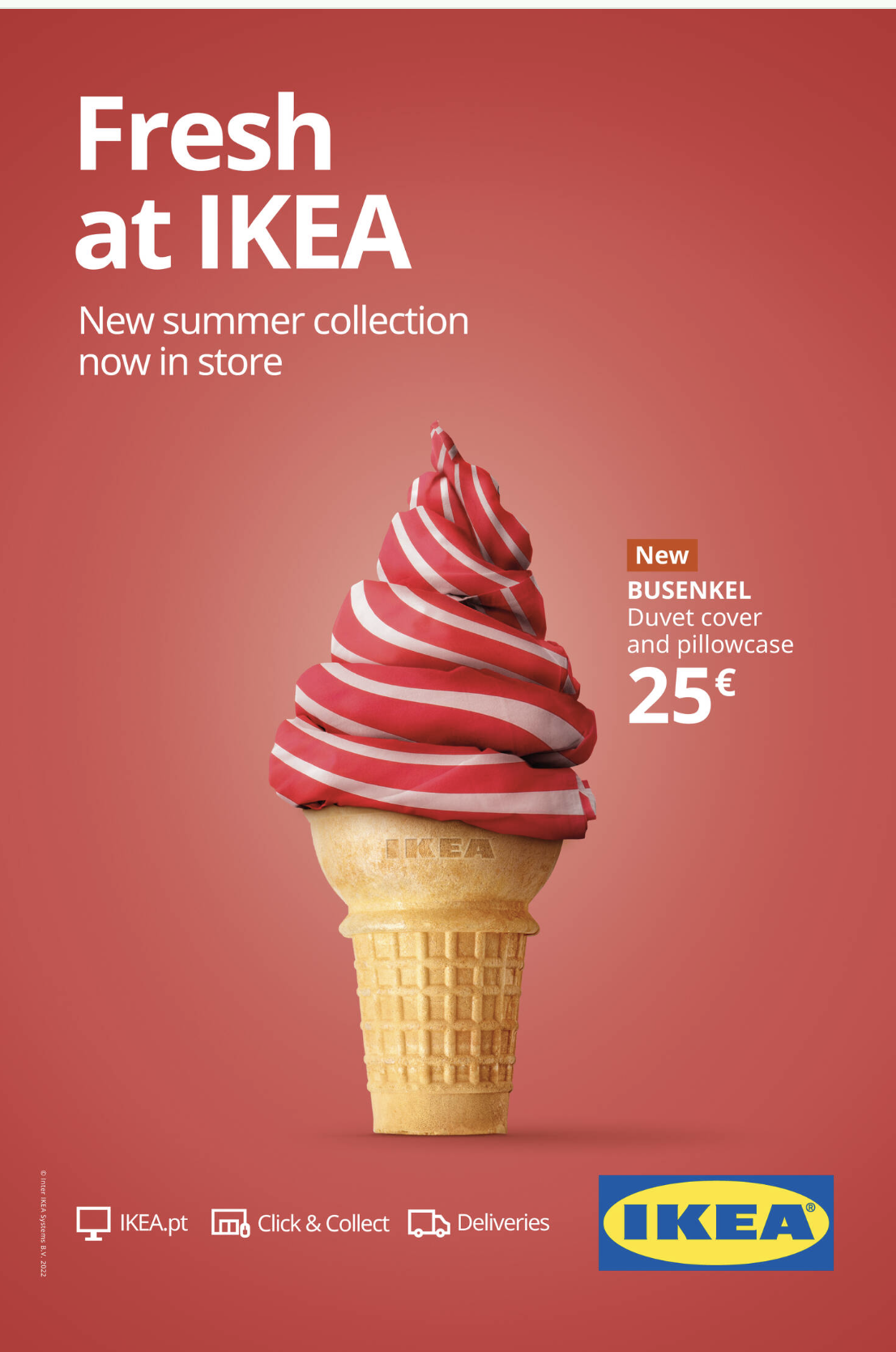
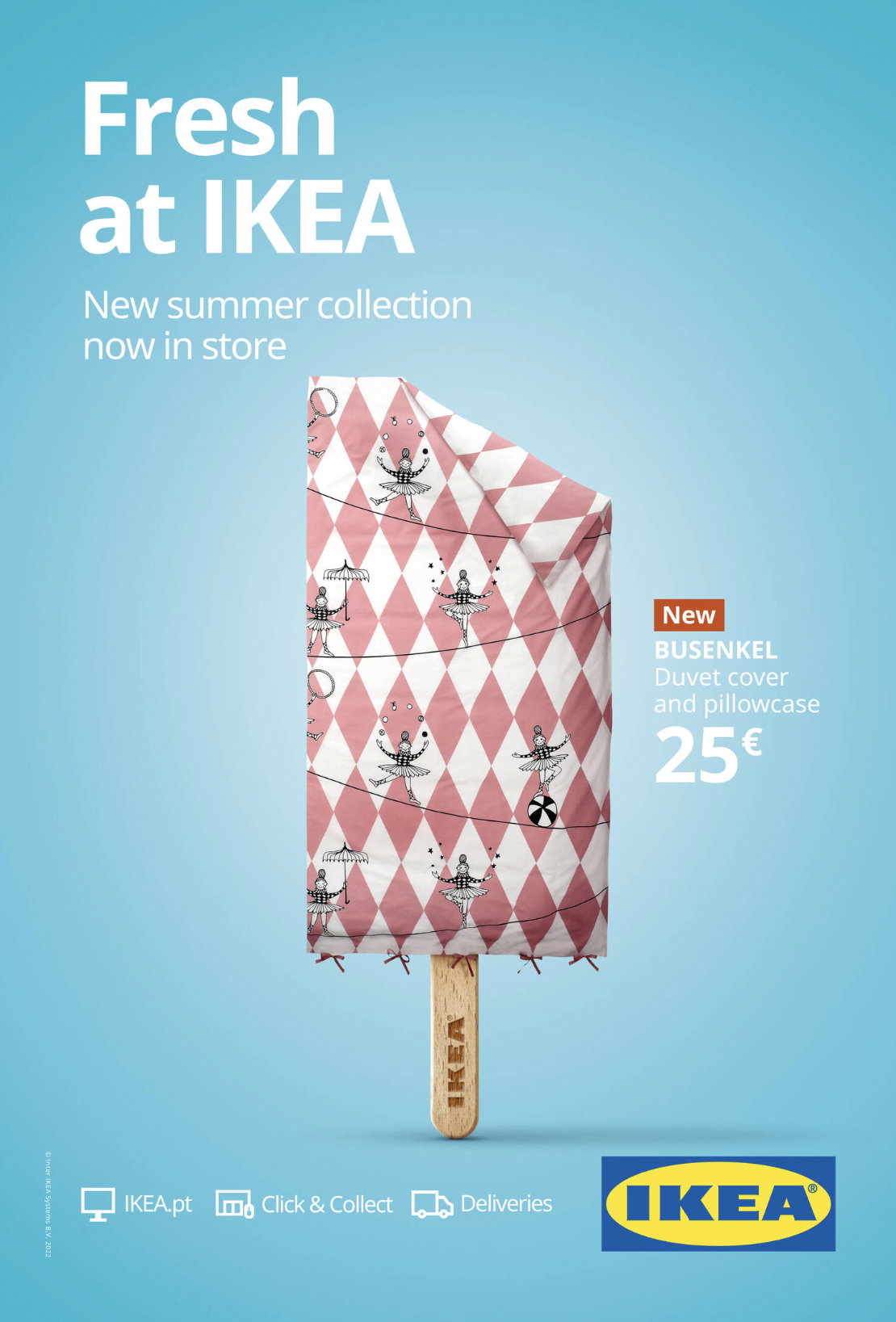
#5 Leverage all the options the ad platform provides when creating a campaign to advertise online business efficiently. Make targeting as precise as possible to achieve better results, and then move to choosing the right bidding model.
What is a bid?
If you’re not sure what the bid is, let us explain. It’s very simple and yet super important to understand in order to set your campaign right.
Imagine an auction where advertisers are competing for a limited amount of ad space. A bid is the maximum amount an advertiser is willing to pay for the available spots, but only in terms when the desired action on your ad happens (for example, a click). So, you will pay only when users interact with your ad.
In your campaign settings, you will have to enter the bid, but that doesn’t mean you will have to pay that much. Depending on the second-highest bid (in a situation where you bidding the highest amount), you will have to pay slightly more than the other bidder.
So if you bid $5, and the second highest bid was $3, you only have to pay $3,01. Check out our CPA Goal bidding model – an auto-optimization tool that helps drive conversions at the target price you set. Our partners love it!
Also, we have an article on all bidding models that will for sure help you better understand all the differences and find the perfect one for your campaign ↓
Note: Be aware that the process of running an ad campaign varies depending on the ad platform you choose, and the type of ads you select to be the carriers of your message. It will also affect the internet advertising cost.
Types of online advertising
Now, let us show you some online advertising examples while presenting all the different ways of promoting your offer on the Internet.
Below are the most popular advertising channels you can combine to influence your customers, grow your business, and increase your ROI. We will leave strategizing on the side for now and focus on explaining what each type of digital advertisement can bring.
Note: Even though it seems pretty clear what each type of advertising is, where it begins and where it ends, it’s not really like that in practice. Especially these days when they are often being mixed and matched. Like, when you’re watching an Instagram feed ad, and you’re not sure if it is native, social media, video, or mobile.
#1. Email marketing
Email marketing strategy is based on collecting subscribers and then, counting on their willingness to receive and engage with your emails, presenting them with your most compelling offers.
The biggest advantage of email marketing is the fact you can create a personalized experience to advertise online locally and natively for the recipients. This and smartly presented information or suggestion, should nudge readers towards a desired action.
Unfortunately, the average click-through rate for emails is not particularly high (a little above 8%). You can send emails, but chances are they will often be overlooked if the subscribers don’t find the title super relevant and intriguing.
This is why email marketing should be only one piece of the whole puzzle, not the stand-alone advertising strategy.
Emails are a good way to stay in touch with your customers and re-engage them, especially those who didn’t complete a conversion but did show interest in your offer (you can send an email reminding users that they have goods in their shopping cart but didn’t finalize the purchase). Also, they can contribute to improving your brand awareness.
If anything, bear in mind that email marketing revenue is estimated to reach more than 12 billion in 2024. Also, almost 40% of brands worldwide are increasing their email budgets, while only 10% of them are making cuts.
#2. Display advertising
There’s not a living soul who wasn’t faced, at least once in their life, with a good old display ad. It is a visual ad that’s placed on a third-party website, and its main goal is to attract new customers who are not familiar with the brand or the offer.
However, it can also serve the purpose of retargeting and attracting users who already visited your website.
When display ads are being shown as part of an online campaign, they are priced based on the number of clicks or views. Two bidding models are relevant here – CPC (cost-per-click), and CPM (cost-per-mille, or per thousand views).
There are several types of display ads:
- Banner ads
- Video ads
- In-app ads
What you can count on with this form of web advertising is a great amount of creative freedom, since you can combine different forms of expression (images, videos, graphics, rich media, and text) in order to create an attention-grabbing visual that will help you successfully advertise online business and get more conversions.
#3. Search Engine Marketing (SEM)
Search engine marketing (SEM) is basically PPC (pay-per-click) advertising, and what it does is place the content you want to promote on the top of the search engine result page.
So whenever a random user types in a search field of a browser the keyword you selected to trigger your ad, your post will show up at the top of the page.
This type of advertising is used when the goal is increasing the number of conversions without relying on SEO, or as an addition to it. SEM is known as a strategy that can significantly improve your campaign performance.
However, be aware that PPC ads are marked as what they are, so quite often users decide not to click on them but to move a bit lower and go with the first organic results. But despite that, SEM will increase your visibility on search engines, and most likely positively affect your revenue.
#4. Native advertising

When you don’t want your ad to stand out and reveal itself for what it really is, at least at first look, then you go with native ads to advertise online locally. They are the type of promotions that blend with the rest of the content on a web page, and it’s usually hard to establish what is and isn’t ad when browsing through the site.
Native ads are sort of problem-solvers. In the majority of cases, they tend to elaborate on some specific issue and then offer a solution – where you have a chance to present your product or service in the most natural and unobtrusive way.
But despite the fact native ads don’t stand out as most other ads do, there still needs to be a clear label that informs the users about the content behind the post being actually an advertisement.
The biggest advantage of native ads is that they are non-disruptive and that they constantly have a quite high click-through rate. On the other hand, they are pricey, and it can be hard to keep up with your brand identity when you need to adjust the ad design so it fits the website content within where they are placed.
#5. Social media advertising
According to Semrush, social media ads are the very best source of new brand discovery, especially for young people aged 18-24. They also claim that more people are discovering new brands and products through social media ads than by any other form of advertising.
Social media, as a form of advertising, works best for businesses present on social platforms, preferably with a large number of followers. This type of ads has the ability to attract both new customers and clients, and those who are already familiar with what you do.
The amount of targeting options, as well as audience segmentation most big social media platforms offer, makes them a perfect solution for brands wanting to convert narrow-niche audiences.
Social media ads will appear on the platform’s newsfeed when the user is scrolling through it. They will always be marked as an ad, but you can make them super engaging and fun, and, therefore, more clickable.
And these ads should always contain a CTA that will lead users to your website or landing page with a specific offer.
#6. Influencer marketing

With influencer marketing, it’s all about the trust social media users have in popular social media personas. Those are usually people who have a large following on social media platforms. If you establish a partnership with such individuals, they will start promoting your brand through their posts.
Influencer marketing can be very direct, where influencers mention the post is a paid ad, or it can be a bit more subtle, where they will promote the product through a more personal approach and just tag the brand.
These days people tend to value greatly what influencers have to say or recommend, and they will more likely convert than if the message comes from the brand itself. It’s because users believe influencers wouldn’t stand behind something they don’t think is good or aligned with their beliefs.
This is a good way to expand your reach and boost your sales and revenue.
#7. Video advertising
There are two ways of advertising via videos. The first one is through paid ads that will be showcased on video platforms like YouTube or TikTok, where there’s a great number of daily users, and the second one is creating your own original video content and sharing it on the same or similar video-sharing platforms like Vimeo in order to reach your targeted audience. So if ask yourself, “How do I advertise online to make a meaningful connection with the audience?”, then videos are the answer.
Videos allow a lot of creative freedom and are a perfect way to present your product, emphasize its qualities and benefits, and tell a story while highlighting the brand’s personality. There’s even room to make an emotional connection with an audience through implemented music, voice, and other effects.
When it comes to YouTube, the most popular are skippable “TrueView In-Stream Ads” – commercials that take place before the video user selected to see starts. But there are also ads that cannot be skipped, and they can take place before, during, or after the main video ends.
How much does it cost to advertise online with videos? Well, depends. Video ads are not always cost-effective, especially when you need professional actors and/or custom animation. So if you are just starting and your budget is tight, rely on stock content and freelancers from Upwork to reduce cost.
#8. Mobile advertising
Mobile advertising implies promoting products or services through mobile devices, to targeted audiences. Given people now spend so much time on their mobile phones, it is an ideal way of reaching them and presenting with your offers.
There are several ways you can do that, and the most common mobile ad forms are:
- Push Notifications (what we included as an example) – an alert sent to push subscribers that pops up on their mobiles’ screen
- In-page push – type of push notifications that doesn’t require subscriptions and can reach iOS users; it appears on the website, not a device
- In-app ads – all sorts of ads (banner, interstitial, native, video ads) integrated into the application, presented when the user is using the app
- SMS ads – another form that asks for a subscription; text messages users will receive, containing promotional material
- Mobile web ads – advertisements displayed on websites when users are browsing via mobile browsers; the ad can have different forms
Note: Be aware that there are location-based ads that can be sent to a specific group of mobile users determined by their geographical location. These ads can come in different forms, like push or in-page push.
Final thoughts on how to advertise online
The predictions are that ad spending within digital advertising will reach $740.3 billion in 2024. And looking long-term, till 2028, the majority of online advertising spending (around 70%) will be directed towards mobile ads.
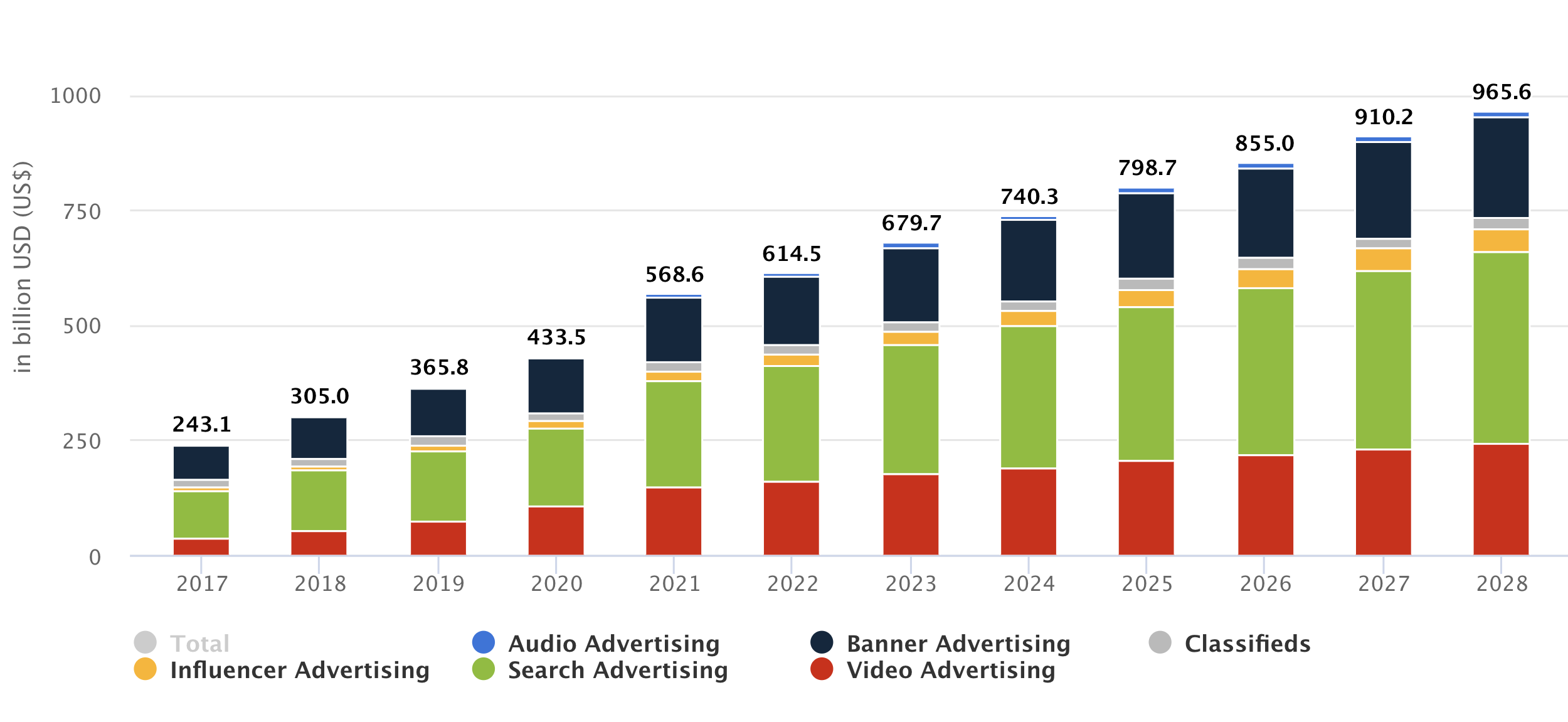
With that said, it is essential to stay up to date with trends and make sure you are following all the right currents in the online advertising world.
So let’s take another look at all the relevant aspects of how to advertise your company online, at this very moment:
- There are more than 5 billion Internet users in the world, and the majority of them are social media users as well
- Almost half of social media users, worldwide, browse these platforms in search of products and services
- Choosing the right ad network and ad format is what can make or break your digital ad campaign
- Defining your goals and targeting your audience are the two essential steps within any digital advertising campaign
- For high campaign performance, it’s important to combine several types of online advertising and not rely on only one
In case you need some help navigating these unsteady waters, join PropellerAds now and launch your first campaign!
